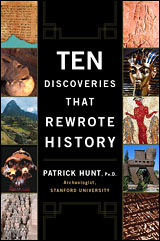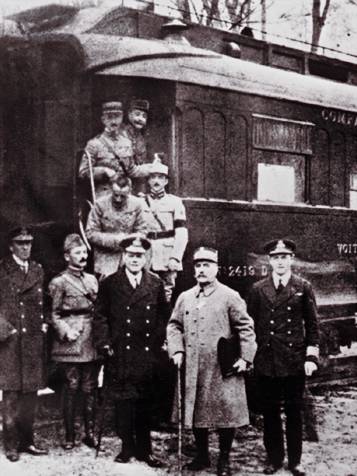 For the season I dug up an old podcast, which unfortunately has podfaded: What is Judaism. Journalist Larry Josephson speaks with Rabbi Ismar Schorsch about Jewish Holidays. I returned to the podcast about Channukkah. Dr. Ismar Schorsch is Chancellor of the Jewish Theological Seminary in New York. Larry Josephson is a veteran public radio host and interviewer, whose programs have been heard in New York, and nationwide for over 35 years. As part of a personal search after his Jewish identity, Larry engaged in this program with his teacher Schorsch.
For the season I dug up an old podcast, which unfortunately has podfaded: What is Judaism. Journalist Larry Josephson speaks with Rabbi Ismar Schorsch about Jewish Holidays. I returned to the podcast about Channukkah. Dr. Ismar Schorsch is Chancellor of the Jewish Theological Seminary in New York. Larry Josephson is a veteran public radio host and interviewer, whose programs have been heard in New York, and nationwide for over 35 years. As part of a personal search after his Jewish identity, Larry engaged in this program with his teacher Schorsch.What makes Chanukkah especially interesting today is that the story of Channukah is a story about tradition versus new influences from outside. One can also see in it the struggle between secularism and old school religiousness. As religious feasts go, religion gets the victory. Schorsch explains though, that the way the victory of the Chasmonaim over the Greeks is remembered is in many ways of a Greek style. The old is preserved by means of borrowing some of the new.
The podcast contains, in addition to Schorsch recounting of the story of Chanukkah, also a discussion about the way it is celebrated today and about its meaning, both in the diaspora as well as in Israel. In addition Schorsch reveals his own personal meanig in Channukah with a very moving personal story. 58 minutes of great radio. Chag Sameach!












































